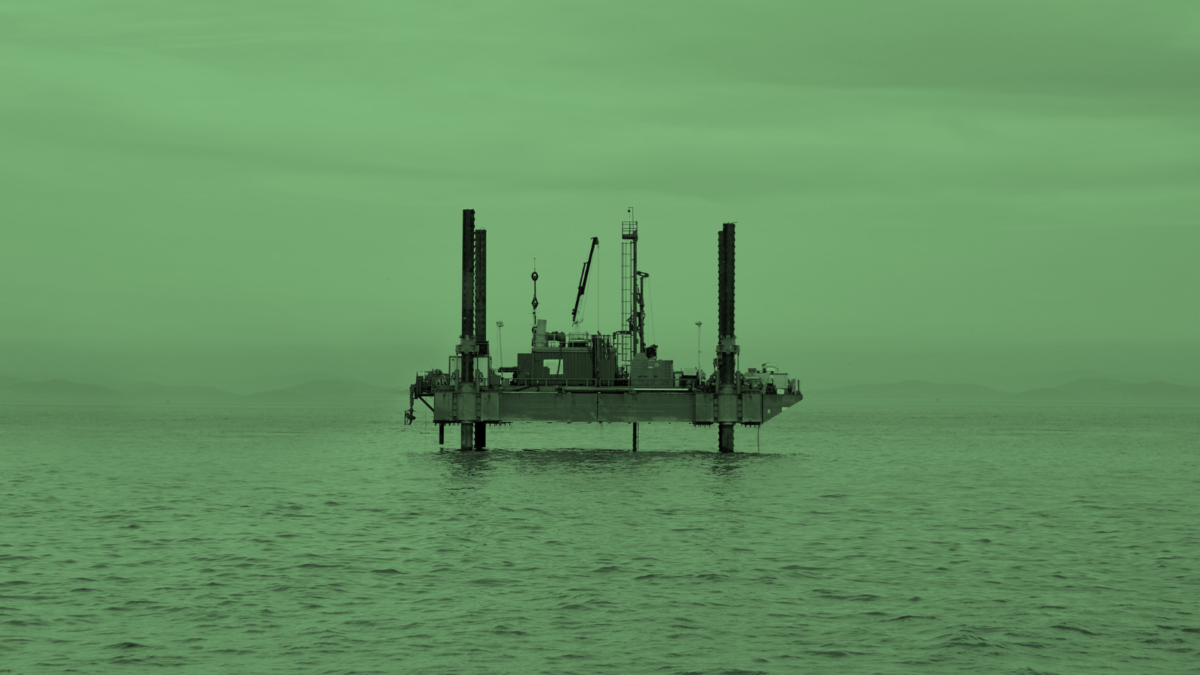How did we get here?
On Wednesday, the North Sea Transition Authority (NSTA) announced that the UK’s largest untapped oil field has been approved, despite widespread opposition.
The oil field is called Rosebank and is located 80 miles west of the Shetland Islands. It has the potential to produce up to 500 million barrels of oil.
The Secretary of State for Energy Security and Net Zero, Claire Coutinho MP, has claimed that more North Sea oil and gas production “will enable us to have greater energy independence, making us more secure against tyrants like Putin”.
But this is not automatically true because North Sea oil and gas is not always used within the UK; instead, it is marketed and sold on a worldwide scale.
For example, the Office for National Statistics reported that in 2021 the UK imported £17.6 billion worth of crude oil and exported £17.9 billion worth of crude oil. This is the same for other oil and gas producing countries around the world, all of whom will sell their oil and gas on the global market.
The UK Government’s endorsement of Rosebank comes just one week after the Prime Minister, Rishi Sunak MP, announced a number of changes to the policies the UK will use to meet its Net-Zero targets. This also follows an announcement over the summer from the PM that the UK Government will issue 100 new oil and gas drilling licences.
So, whilst the UK Government itself did not approve the Rosebank development, it does completely support it, raising questions about its commitment to protecting our climate. The greatest irony of this announcement is that it has come during Scottish Climate Week.
Climate Justice
In 2019, MSYPs passed the following motion at our 70th National Sitting:
Motion passed at SYP70
This motion passed with the agreement of 94% of MSYPs. Since the International Energy Agency said there must be no new oil and gas fields in order to meet the goal of net zero emissions by 2050, the development of Rosebank shows that the UK Government is not committed to urgently tackling climate change.
In addition, for SYP’s From Scotland’s Young People Manifesto (2021-2025), 75% of young people agreed that:
“the global climate emergency is an issue of climate justice, where those who contribute least to greenhouse gas emissions are most impacted. Countries most responsible for greenhouse gas emissions must be the first to reduce their emissions.”
– SYP’s From Scotland’s Young People Manifesto (2021-2025)
“the global climate emergency is an issue of climate justice, where those who contribute least to greenhouse gas emissions are most impacted. Countries most responsible for greenhouse gas emissions must be the first to reduce their emissions.”
The development of new oil and gas sites is a huge injustice as we know the worsened impacts of climate change as a result of missed net-zero targets due to new oil and gas sites will be heavily experienced by those most vulnerable and who have contributed the least.
Just transition
For the North East of Scotland one way governments can show commitment to climate justice and tackling climate change is realising a “Just Transition” to renewable energy.
Greenpeace defines the Just Transition as “moving to a more sustainable economy in a way that’s fair to everyone – including people working in polluting industries”.
Practically for Scotland, this involves supporting communities and industries right across the North East to move away from producing oil and gas to producing renewable energy instead.
This would provide a longer-term future for our energy industry because, unlike old and gas, renewables can never run out. They are also, of course, not damaging to our planet. A Just Transition would therefore support our economy, communities, and our climate.
However, the UK Government’s recent announcements have taken the focus away from the Just Transition and moved it back onto polluting industries.
As an MSYP who represents a constituency in the North East of Scotland, I am extremely concerned about what the UK Government’s recent decisions mean for the people and places I represent.
Growing up many of my peers had parents who worked in the oil and gas industry. My own father also almost took up a career working offshore. Oil and gas has created countless well paid and skilled jobs across Tayside, Aberdeenshire and the Highlands and Islands.
But these jobs are time limited and contribute to the harming of our climate. Young people in my constituency have told me that new jobs in renewables are not being created fast enough and that when looking at careers offshore they often have no choice but to start working in oil and gas.
Moving forward, I would like to see the UK Government live up to the expectations young people, MSYPs and climate experts have of it and help to deliver a truly Just Transition. Actions speak louder than words, and we must prove that we are urgently giving priority to tackling climate change, in line with the demands of young people in Scotland.
The future of our planet depends on it…




